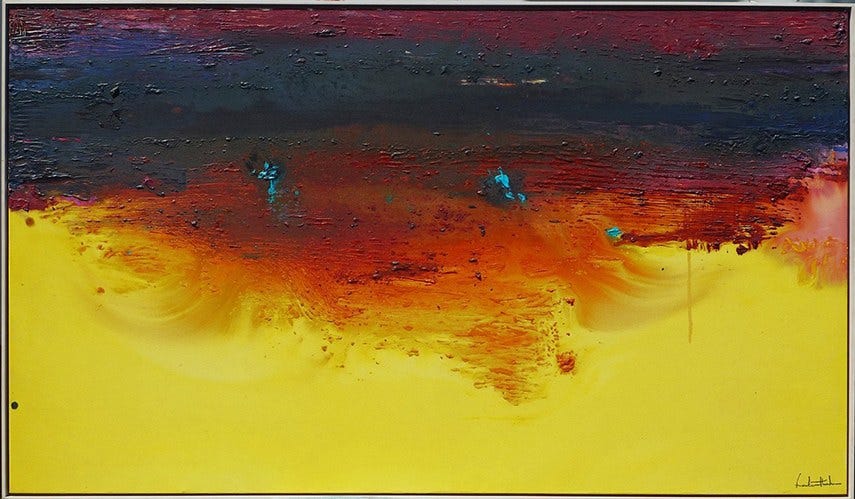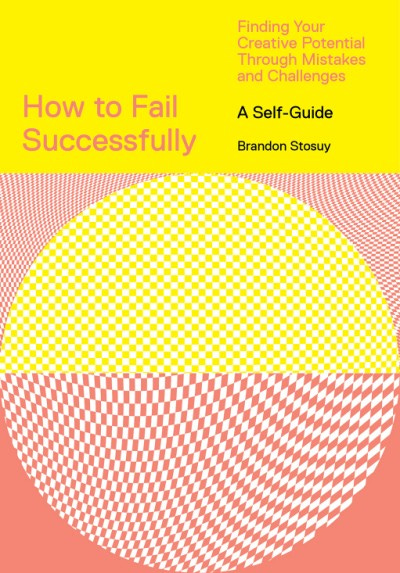I’ve been reading a lot about mental health, and creativity over these last few months. I’ve learned a lot, and gone through many cycles of epiphany. “Oh my gosh I can’t believe I never looked at the world this way before!” Then it crashes all back down to reality. Through my journey I’ve uncovered a wealth of knowledge about myself, how I operate, and the kind of life that I want to live.
I learned that I have an extreme anxiety disorder. I learned that I’m more creative than I am smart, and I learned that I love to create things. I also really enjoy being around other people who enjoy creating things. People who don’t judge other’s work by what it’s not. I like being around people who treat the finished work as a final piece, a marker of someone’s current level of skill. People who trust that the person creating the work knows what they did wrong, and would ask for help if they needed it.
I say all this because throught all the self discovery i’ve done the one piece wisdom that has stuck with me so far is this.
“Quantity = Quality”
I think partly because of the way that I was raised, and partly because of my inherent anxiety disorder, and also because of the internet. I’ve always struggled to produce work that I am happy with. Everyone deals with this I’m sure. But I would often get so discouraged when doing work that I would fire myself before I could even finish my first project. I was not taught to be proud of my first attempt, so If I could not be good at it on my first try. I wouldn’t even finish it. I wouldn’t share it.
But recently thanks to the help of my therapist, my psychiatrist, and some books I’ve been reading. Including “How to Fail Successfully” by Brandon Stosuy. I’ve come to find that creation is not a perfect science. Allow me to explain a little bit beyond what seems obvious.
I think my most self destructive mindset when creating in the past was the need for it to be “good.” Having some invisible bar of quality that was always above what I was able to reach. As one might expect each project that I worked on was more a battle with myself than it was to actually make the thing. But as a result I would be so burnt out from attempting to create the thing I wanted that by the time I was done I didn’t have the energy to do it again. Which it turns out is totally the wrong idea! There are so many factors to this, societally, socially, and the way we are raised all go into this.
The first time I ever noticed something different was when I was a freshman the first time I was in college. This was one of the first times that I decided to share something that I had made to new groups of people. I put myself out there in ways that other people might not because I love to create. The most surprising thing was that I got positive feedback. It threw me off, I judged their opinions as less because they liked my work. I had never had someone look at what I did and appreciate it for what it was. Not in the way that these college friends of mine had.
That moment would go on to be an outlier for me until an audio editing class I took with the amazing professor Brian Hansen at UCSC. The assignment was simple, basically create anything with audio. People of all different skill levels went into this class, and created works of different levels of skill to match. The thing that had me so impressed was the way that this professor treated every piece of work that he heard as if it was being presented in the MOMA and he had the once in a lifetime opportunity to interview the artist. He was truly an inspiration, and it continued to shock me for a while to come.
Now I’m in group projects working with large groups of game devs, all with unique skill sets and skill levels. I honestly try my best to approach the groups the way that Brian Hansen had listened to each of our audio tracks, and I think I’ve done an OK job. I’ve certainly tripped here and there. I’ve learned that the group itself is also an entity that must be trusted. I have also had to learn to trust that I am still doing a good job in groups that are doing well. Seeing as my impact on the groups may be more esoteric at times. A ship that makes no sudden changes must still have someone at the wheel.
However the thing that I’ve learned the most, and am trying to embrace the most is what I’ve written above. Quantity = Quality. What does that mean?
That means that if two groups of people are tasked with the same task. One group is told take all the time you need and you will be graded on the best version you turn in. And the other group is told to turn in as many as possible regardless of quality. The group who turns in as many as possible will be producing better results by the end of the experiment on average. Which intuitively makes sense, but I thinks schools work us out of this practice.
The reason this is so relevant to games is because of how iterative and artistic they truly are. Rarely in a games project, or any project for that matter, does something go entirely as planned the first time around. You really need to give yourself space to make the same thing multiple times so that you get better and better at it.
For games this takes the form of playtesting. You work towards a playable milestone, get some feedback, and use that feedback to change the game to make it better. Sometimes these changes are small, and other times they sweep the development entirely in a new direction. It’s chaotic, and uncertain. Which for a lot of people, including myself, is very scary.
But after reading this book, and watching the behind the scenes creation of Psychonauts 2. I’ve learned that the chaos means that you are travelling in the right direction. Chaos and uncertainty is the mark of something that has never been done before. It’s growth, its learning, and its hard! But you need that space to create, and re-create as many times as possible in order to get the best version possible.
So too… have I applied this philosophy to the creation of these articles. Will I win an award for “Best written article” any time soon. No. But that doesn’t matter. What does matter is that using this new philosophy I don’t need to spend forever to write “The best article” that may or may not happen. What I do need to do is give myself the space to say, you know what. That article is done. On to the next one. Because inevitably I will write “My best article”, or make my best game, or sing my best song, or whatever! What matters is that I create, and I share where I am at. Then move on to the next thing! Because it will be even better than the last!
So remember, don’t worry about if what you are making is good. Turn it in. Finish it. Move on to the next thing. Get that feedback, then if you want to, go back and make it better. Or use that information to make you next production even better!
Quantity = Quality!
Treat yourself like your work belongs in a museum no matter where you are at!
Check Out Nick’s: Bluesky | Steam Curator | Instagram | Linktree | Itch | Twitter |
Chat with the writers themselves on the Bits N’ Pixels Discord Server!




